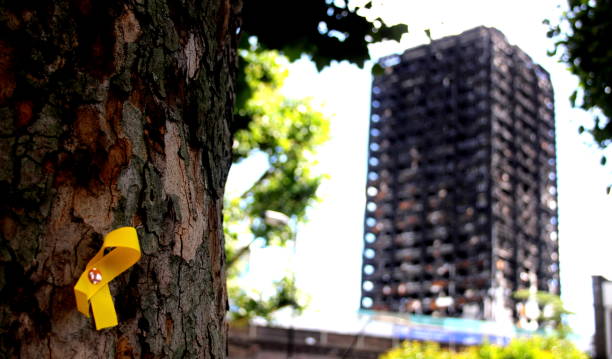Although it’s been almost 3 years since the tragedy that claimed the lives of 72 people in the fire on June 14, 2017 at the 24-story Grenfell Tower in London, change is finally starting to come.
When a tragedy such as this happens, it serves as a wake-up call for regulators and governments worldwide. However, while we would all like to see changes to prevent a similar event from happening again, the reality is that there are many stakeholders involved and systemic change takes time. Years, not months.
For example, it would be easy enough to simply mandate that the exterior cladding that was used should be banned, removed from all other buildings, and never be used again. The UK government has allocated more than £1bn to deal with unsafe cladding, which will help prevent this in the future. Right? Maybe.
The problem is, when manufacturers manipulate safety tests and falsify claims, such as the case with Grenfell, how can you be sure that the replacement product doesn’t also have similar flammability issues? Especially since there are many testing agencies, many standards, and hard-to-find traceability from production to application. Add to that problem the fact that every region has its own governing body, and accountability and prevention of similar disasters is not so easy.
And even if the manufacturers reports were accurate and proper tests were conducted, it was abundantly clear that this wouldn’t have stopped the gross negligence since Grenfell’s Building Control Board, the Kensington and Chelsea Tenant Management Organisation (KCTMO), were keen to put profit above safety. To cut corners they switched from more expensive zinc cladding panels to aluminum alternatives, in the process saving themselves about £290,000. This became the main cause of the spread of the fire.
And even if the manufacturers reports were accurate and landlords rightfully put safety above profit, the widespread incompetence at government and standards bodies, including the British Research Establishment, the British Standards Institute (BSI) and British Board of Agrement (BBA), makes any safety “proof” presented highly suspect.
But alas, change is coming.
An alliance of more than 80 organisations has agreed on a set of fire safety standards that can be applied to buildings anywhere in the world called The Common Principles of the International Fire Safety Standards (IFSS) Coalition.
If the UN adopts the standards then we are much closer to achieving what is ultimately needed – global standards. But until then it is up to the end user to ensure that claims made by manufacturers are accurate, builders and landlords properly comply with building code guidelines and put safety first, and testing agencies are reputable, independent, and have no conflict of business interests.


